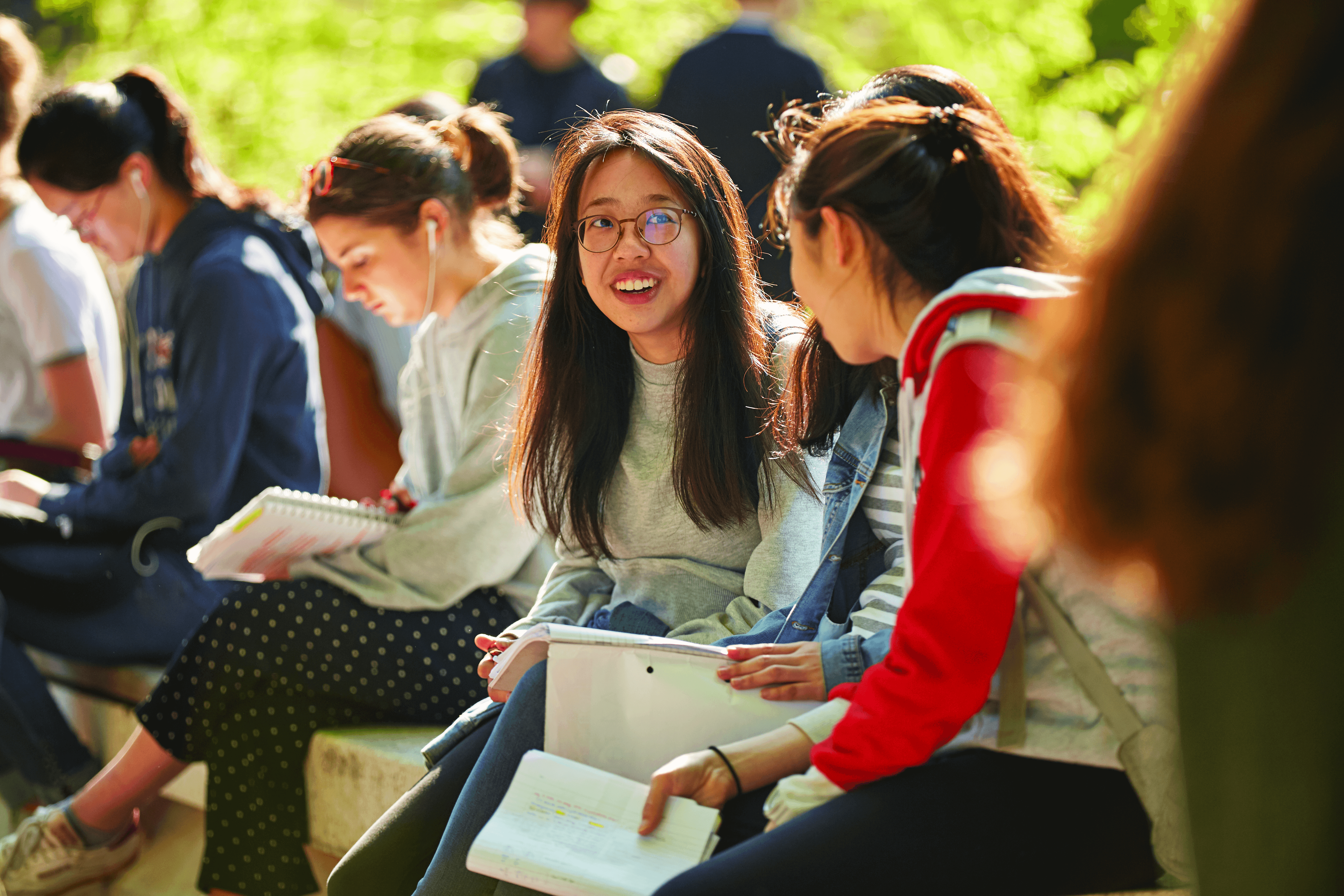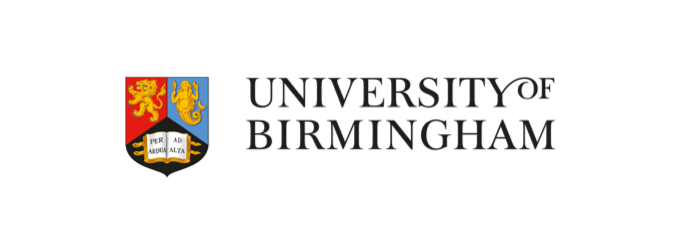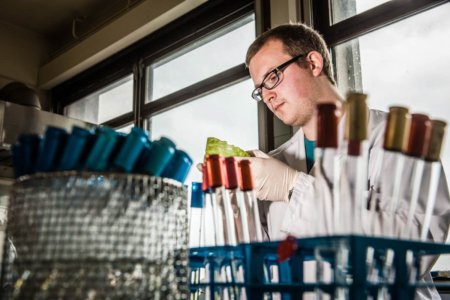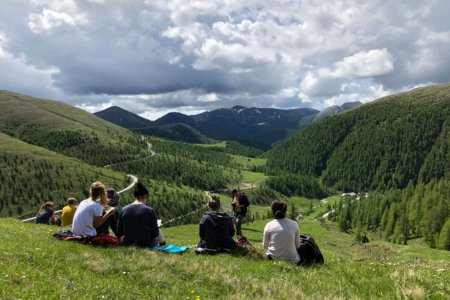Swedish environmental activist Greta Thunberg once said: “We can’t save the world by playing by the rules, because the rules have to be changed. Everything needs to change – and it has to start today.”
That’s what the University of Birmingham’s College of Life and Environmental Sciences is doing today. With the introduction of two new undergraduate programmes — Human Sciences and Global Environmental Change and Sustainability — the University is moulding tomorrow’s environmental change makers passionate about making a difference in the world.
Human Sciences programme
Human Sciences Academic Lead Professor Chris Bunce notes that students on this course will develop the knowledge and skills that can shape societies’ response to humanity’s greatest challenges.
The BSc and MSci programmes draw from genetics, sociology, evolutionary biology, biochemistry, neuroscience, geography, environmental sciences and anthropology. It is about understanding human’s innate biology, behaviour and psychology, and the responsibility that comes with being human in guarding the planet and its ecosystems.
The programmes draw on the teaching and research expertise from the four Schools that make up the College of Life and Environmental Sciences, allowing students to use rich interdisciplinary viewpoints to solve local and global issues, and different research approaches reflecting their different disciplines.
Experiential learning opportunities are also at the heart of the programme, with students benefiting from it throughout the three years of the degree. Professor Bunce, for instance, explains that an interactive tour of three major museums — Winterbourne House and Gardens, Lapworth Museum of Geology and Barber Institute of Fine Arts — that reside on the University’s campus will form part of the Introduction to Human Sciences at Birmingham module.

The University of Birmingham’s College of Life and Environmental Sciences is offering two new undergraduate programmes — Human Sciences and Global Environmental Change and Sustainability. Source: University of Birmingham
In the Exploring Experimental Environments module, Professor Bunce will bring students to visit major research infrastructures such as the Birmingham Institute of Forest Research (BIFoR) Free-Air Carbon Dioxide Enrichment (FACE) experiment. “Another experiential opportunity is an optional Alpine and Glacial Ecology in Norway field course in Norway,” says Bunce.
In practicals, students will be exposed to cutting-edge technology of the various disciplines in the programme. As part of their research projects, students will also get hands-on exposure to diverse technologies, including advanced light microscopy, mass spectrometry, environmental omics and Wolfson Advanced Glasshouses, among others.
Global Environmental Change and Sustainability programmes
Dr Julia Myatt, Associate Professor in Life and Environmental Sciences, and module lead for the BSc/MSci Global Environmental Change and Sustainability programme, explains: “This exciting new programme has been developed out of a recognition that the challenges our world faces cannot be solved by one discipline alone.
“Students develop a deeper understanding of the planet, its structure and the natural world, together with expertise in how to tackle the problems of sustainability from sociological, philosophical, economical and historical perspectives.”
This course looks at why global environment change happens, its impact on our daily life and how we can sustainably use global resources. Bringing together sociological, scientific, ethical and economic viewpoints of the Earth, environmental change and processes, as well as human and ecological systems, these programmes take advantage of modules from across the breadth of the whole university.
This interdisciplinary course will also teach students to become aware of how to capably and sustainably manage energy, natural resources and other issues such as biodiversity. “They will have access to a range of resources and guest speakers in the live sessions to facilitate their research into a particular sustainability problem,” Dr Myatt explains.
“For example, in the first year, we are going to focus on the University as an institution and study some of the ways in which the University of Birmingham can be more sustainable. This will range from the design of new buildings (in conversation with the Estates department and experts in the field), through to student-led initiatives.”
Students can opt for the four-year programme where they can spend their third year overseas before returning to Birmingham.

Students will gain both hard skills such as critical thinking and soft skills like effective audience persuasion. Source: University of Birmingham
In both programmes — which also include MSci options — students can engage in a research project in their final year, which can be laboratory/field-based or literature-based for proposing a new research project.
There’s also the option to participate in the Liberal Arts and Natural Sciences Department modules: Learning Entrepreneurial Skills and Entrepreneurial Start Up, to give an extra dimension to their research project and access specialist equipment.
Graduates will gain both hard skills such as critical thinking, the ability to analyse complex issues and research, and develop soft skills like effective audience persuasion, to name a few.
Ultimately, the programmes aims to prepare students to be the next researchers, policymakers, communicators and leaders with a broad range of stakeholders, from NGOs to global businesses.
The following undergraduate programmes are now open for applications:
- BSc Human Sciences
- MSci Human Sciences
- BSc Global Environmental Change and Sustainability
- BSc Global Environmental Change and Sustainability with Year Abroad
- MSci Global Environmental Change and Sustainability
To learn more about the University of Birmingham’s College of Life and Environmental Sciences, click here.
Follow the University of Birmingham, College of Life and Environmental Sciences on Facebook, Instagram, Twitter and YouTube













